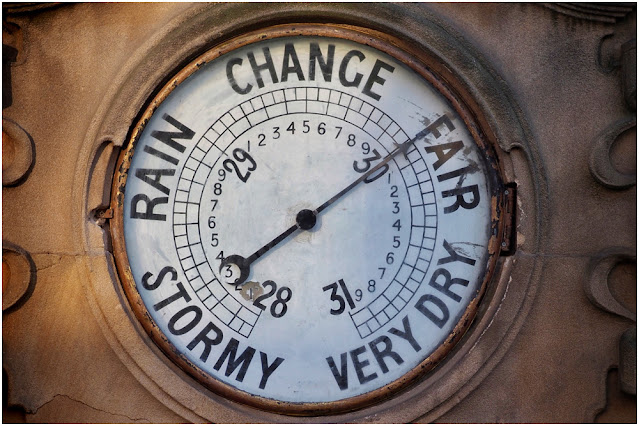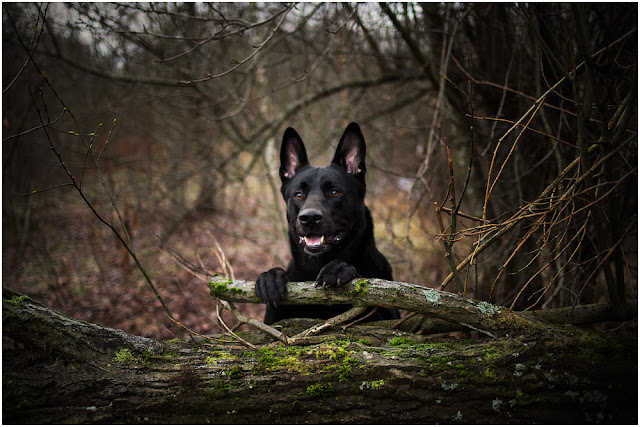Weather lore
Weather lore is probably one of the aspects of folklore that most people will have some small knowledge of, even if they don't realise it! For if you ask anyone to complete the following
Red Sky At Night...
almost anyone will be familiar with it (or a similar regional variation). Indeed looking at the sky for clues was the simplest guide to hopefully predicting what the coming hours and days held weather-wise. In the northwest of the county, bordering the River Trent, farmers would look for "Noah's Ark" or "shoals of fishes" the massed fleeces of cloud at high altitude, which was considered a sign of either fine or wet weather depending on the position of the "Ark" or "Shoal."
"The Ark athwart (sideways) to the wind means rain."
"The Ark end-on, or bow-on (pointing into or the same direction as the wind) means fair weather."
How the weather fell on certain days in the calendar, was considered a great indicator of things to come. In Wilsford, near Grantham, a saying went that "if the sun shines at 12 o' clock on Christmas day, it will be a good year for apples." Often to make them more memorable, these predictions would be put into simple rhyme,
"If it neither rains nor snows on Candlemas Day,
You may straddle your horse and go and buy hay."
One of my favourites though sails close enough to a Monty Python joke, that it never fails to raise a smile. As it was said around Scawby in November
"Ice enough to bear a duck, the rest of the year will be slush and muck."
The actions of animals would be noted by the eager weather watcher. Around Willoughton, if the sheep in the fields started making a great noise without any apparent cause, then hard rain was certainly on the way. Likewise, crows "Playing football" (or wandering around on the ground in groups) was another predictor of wet weather coming. In Digby, North Kesteven, you could look to the humble slug. If black slugs went about with straw stuck to their tails, the weather was predicted to be fine, but if the slug was spotted with muck, then the forecast was wet. In fact the residents of Digby were careful about their gastropods, as resident of the village Told Lincolnshire Folklore collector Ethen H Rudkin that killing a slug, would cause it to rain!
The Scarlet Pimpernel Anagallis arvensis has among it's many regional names that of "Shepherds Warning" as the flowers would open for fine weather but would close up ahead of wet and cold conditions. Once considered a weed of cornfields, the Pimpernel is less common now but keep an eye out as you might still find it growing around arable fields and on roadside verges. And as it flowers between June and September, now is the perfect time to see of this humble flower can indeed predict the weather.





Comments
Post a Comment